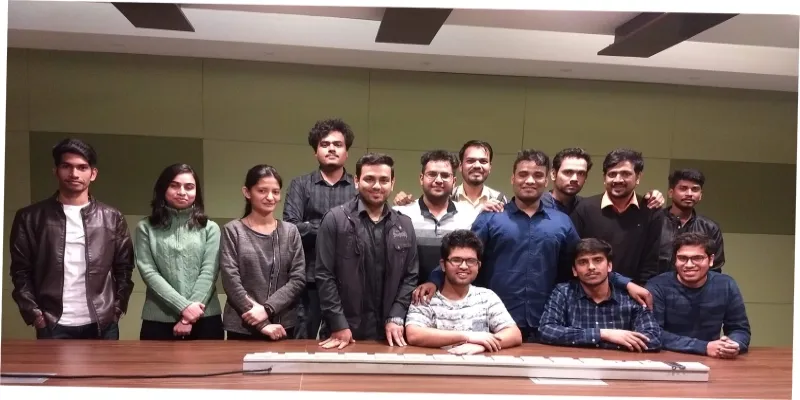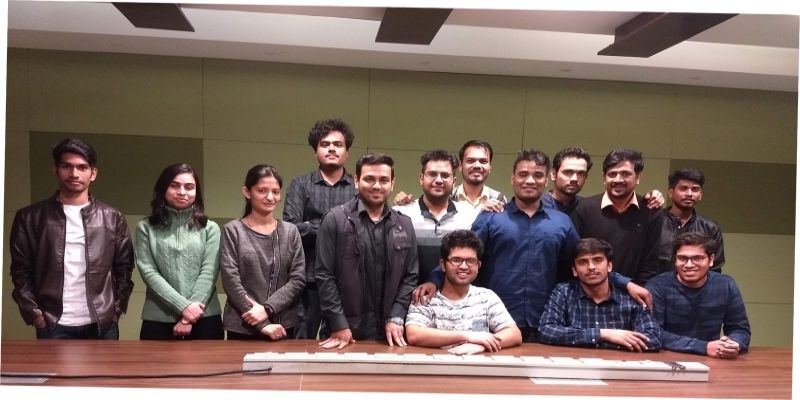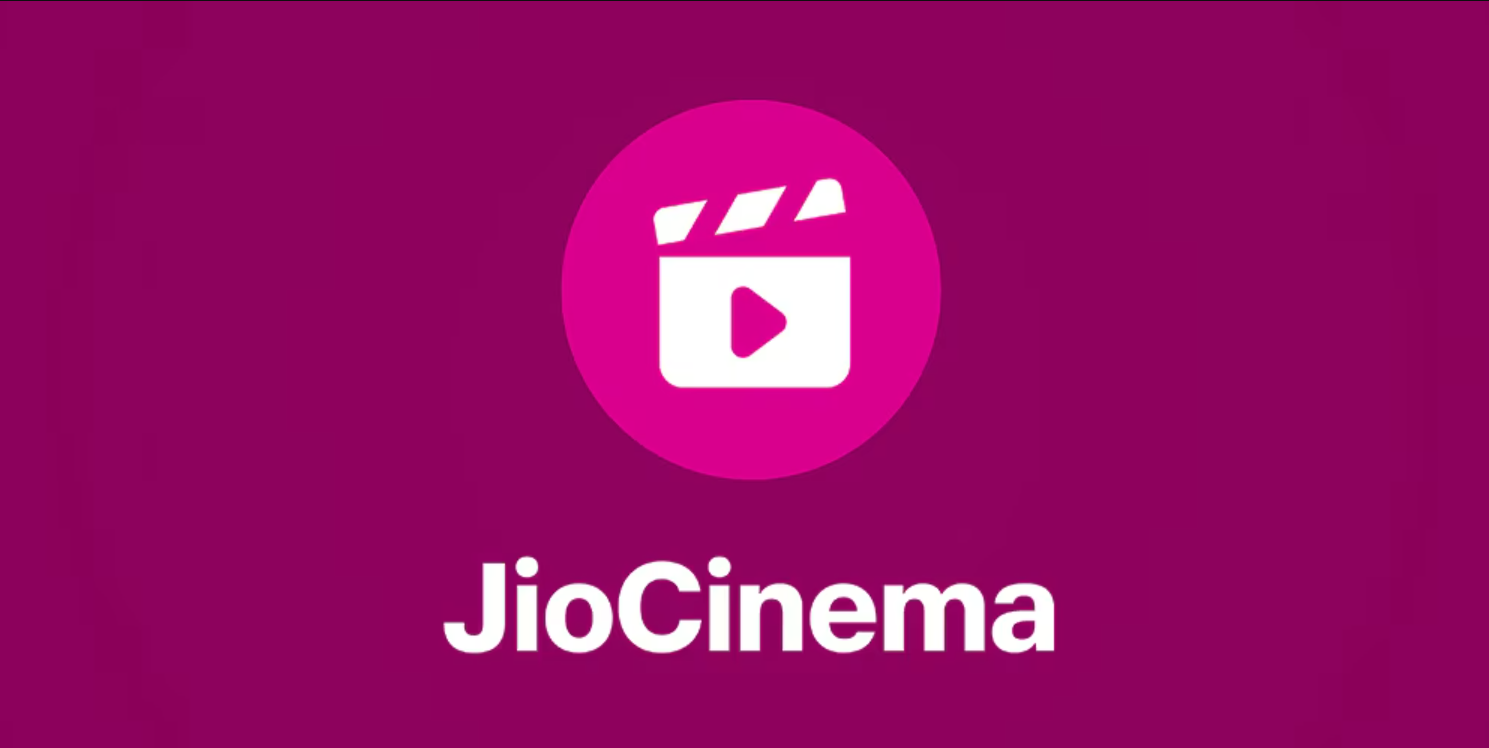Here's how these IIT-BHU alumni are using drone data to transform the infrastructure sector
Indshine's cloud-based platform, Felix, visualises drone data and generates geospatial analytics for infrastructure sectors such as railways, mining, construction, and power and transmission.
What happens when a few innovative IIT-BHU students take a shine to drone technology? A startup is born. Friends and batchmates at IIT-BHU – Saksham Bhutani, Rohan Sinha, Sonveer Singh, Himanshu Nagrath, Aman Mehto, Manish Sahu, Vipin Singhal, Biswajit Behera, and Prince Diwakar – decided to explore drone technology for application across industries. They ended up creating Indshine, which helps collect data from drones and analyses it for enterprises.
Indshine offers a cloud-based drone platform, Felix, and enterprise drone solutions for various industries. The platform is primarily used to visualise drone data and generate geospatial analytics.
“Drones have recently emerged as revolutionary technology that can collect various kinds of geospatial data. We convert them into high-resolution maps, elevation models, and point clouds using computer vision and machine learning. These processed maps and models can be visualised on Felix,” says Saksham, one of the Co-founders of Indshine.
The eureka moment
Indshine was launched in 2016 to develop sustainable infrastructure. The founding team initially zeroed in on the solar power industry, and sought to make the installation of solar panels efficient. They did this by analysing images and data collected by drones, to give inputs on installations and the potential of annual electricity generation.
“We then got a lead from the local government to create a digital replica of an ancient temple. This project led us to the eureka moment, when we realised the power of drones, and thought it could potentially revolutionise the infrastructure industry. Ultimately, we pivoted from installation of solar panels to drone-based solutions for the infra sector,” Saksham says.

Also read: Zomato to bet big on drone delivery, acquires TechEagle
What does it do?
Today, Indshine has clients in sectors such as railways, mining, construction, and power and transmission. Saksham says Indshine’s Felix platform works during the stages of planning, design, construction, monitoring, and maintenance of a project.
The Felix platform helps visualise a selected area in 2D and 3D in the form of high-resolution maps, digital elevation models, and a 3D mesh. The inbuilt algorithms help understand the topography, and allow calculations and measurements for installations and maintenance purposes. Felix can also help a company create a consistent database to visualise and monitor any specific area.
Indshine provides enterprise solutions based on custom requirements and charges vary accordingly. Pricing usually ranges from $4000 to $5000 per month, and the team provides enterprise solutions, including operations and design services, on a case-to-case basis with margins ranging from 20-40 percent.
Challenges and getting the right clients
Saksham says Indshine faced challenges in convincing potential clients that drones could be applied for enterprise use. This led the team to initially focus on people and companies convinced about the application of this technology.
“We conducted pilot projects and provided end-to-end solutions for free. Initially, those who were pro-technology gave us a chance. We outperformed their expectations every time. Soon, these clients started recommending us and we could scale our platform and operations all over India.”
In its early days, the founding team had no funding. The team worked from a IIT-BHU hostel room for almost a year before moving to a rented flat in Chandigarh.
“Eventually, we were incubated at STPI Chandigarh, which was a big relief. Today, our clients include Indian Railways, Tata Projects, Larsen & Toubro, National Highways Authority of India, Kalpataru Power Transmission, KEC International, Aryabhatta Geo-informatics & Space Application Centre, and Maharashtra Rail Infrastructure Development Limited,” Saksham says.
“These clients are using Felix and our drone-based solutions for project planning, construction monitoring, inspection, volumetric estimation, and defects analysis,” he adds.
Also read: Hyderabad-based drone tech company is on a mission to make farmers lives easier
Market and the future
The one big challenge that all drone tech startups face in India concern drone policies and regulations.
At the first Global Aviation Summit organised by FICCI and the Government of India, Minister of State for Civil Aviation Jayant Sinha unveiled the Drone 2.0 policy, which will come into effect in March 2019. Under this, India will allow the commercial use of drones - as delivery vehicles, air taxis, and for other services - beyond the visual line of sight.
There are multiple use cases for drones - from recreation to defence - and the global market is expected to reach $5.5 billion by 2020, according to a MarketsandMarkets research report. Some prominent global players in the sector include DJI, The Boeing Company, and General Atomics.
Indshine is currently researching to add more products and services to its portfolio. The startup is also looking to raise a Series A round to fund its expansion and reach.











